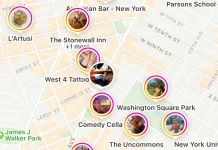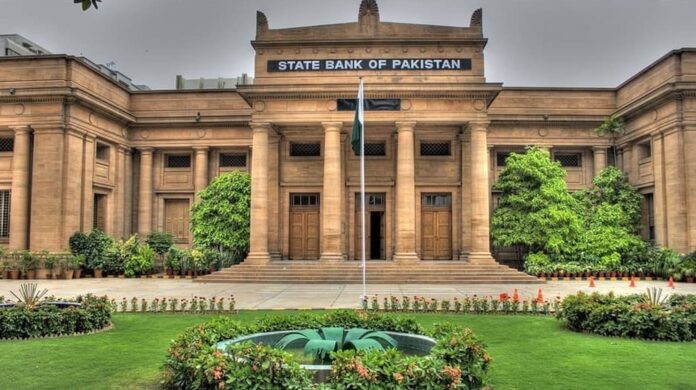The State Bank of Pakistan (SBP) has advised the public to not respond to or share personal information on unknown calls and messages. The State Bank of Pakistan and the Pakistan Banks Association have been continuously advising the general public through consumer awareness messages, press releases, etc. Not to share their personal credentials or banking information on telephonic or WhatsApp calls and messages with individuals impersonating officials of SBP, banks, or any other agency.
SBP Advises Public to Remain Vigilant and Never Share their Personal Information
SBP said that that fraudsters are sending fake WhatsApp messages with SBP’s logo to the general public, claiming SBP has blocked their ATM Card or Bank account due to non-verification of credentials. To verify/ unblock the account, customers are asked to call either the sender of the message (i.e. call on the number from which the message was received) or on a specific number mentioned in the message. SBP informed the public that these messages are not sent by SBP nor does SBP deal with blocking/unblocking/ verifying of banking customers’ accounts/ payment cards (ATMs, credit cards).
The SBP has asked the public to remain vigilant and not respond to any such calls, messages, or click on unverified website links and refrain from sharing their personal or financial credentials with any such individual(s). The central bank further added that the public is advised to call their banks’ dedicated helpline in case of any ambiguity and to immediately report the details of such calls, messages, and website links to their concerned bank or to the relevant authorities such as Pakistan Telecommunication Authority and Federal Investigation Agency.
Also Read: SBP Issues Mobile Application Security Guidelines to Banks and DFIs to Curb Cybercrimes
PTA Warns Against the Scams
Earlier, the Pakistan Telecommunication Authority has also issued details regarding the scam messages and how the users can protect themselves from the scam. Here are the complete details:
• Do not open suspicious texts, or click on links or attachments in SMS – ignore and report.
• Beware of any requests for your details or money. Never send money or give ATM or PIN details, online account details or copies of personal documents to anyone you don’t know or trust.
• You should warn your friends and family about scams.
• If you are not sure that you’re being scammed, stop sending money.
• If you have sent money or shared your banking details with a scammer, contact your bank & police immediately.


























